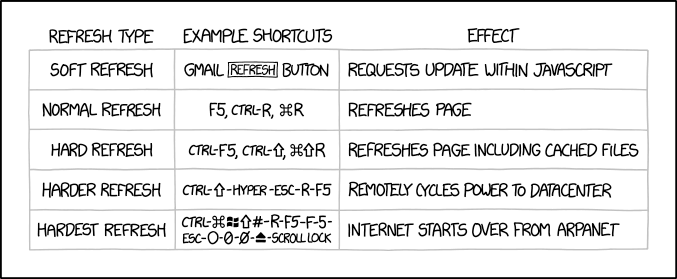What do you guys think of this oddity? I can't explain why 4 is added.
(Pdb) np.finfo(np.float16).max
65500.0
(Pdb) float(np.finfo(np.float16).max)
65504.0
(Pdb) np.finfo(np.float16).max
65500.0
(Pdb) float(np.finfo(np.float16).max)
65504.0

